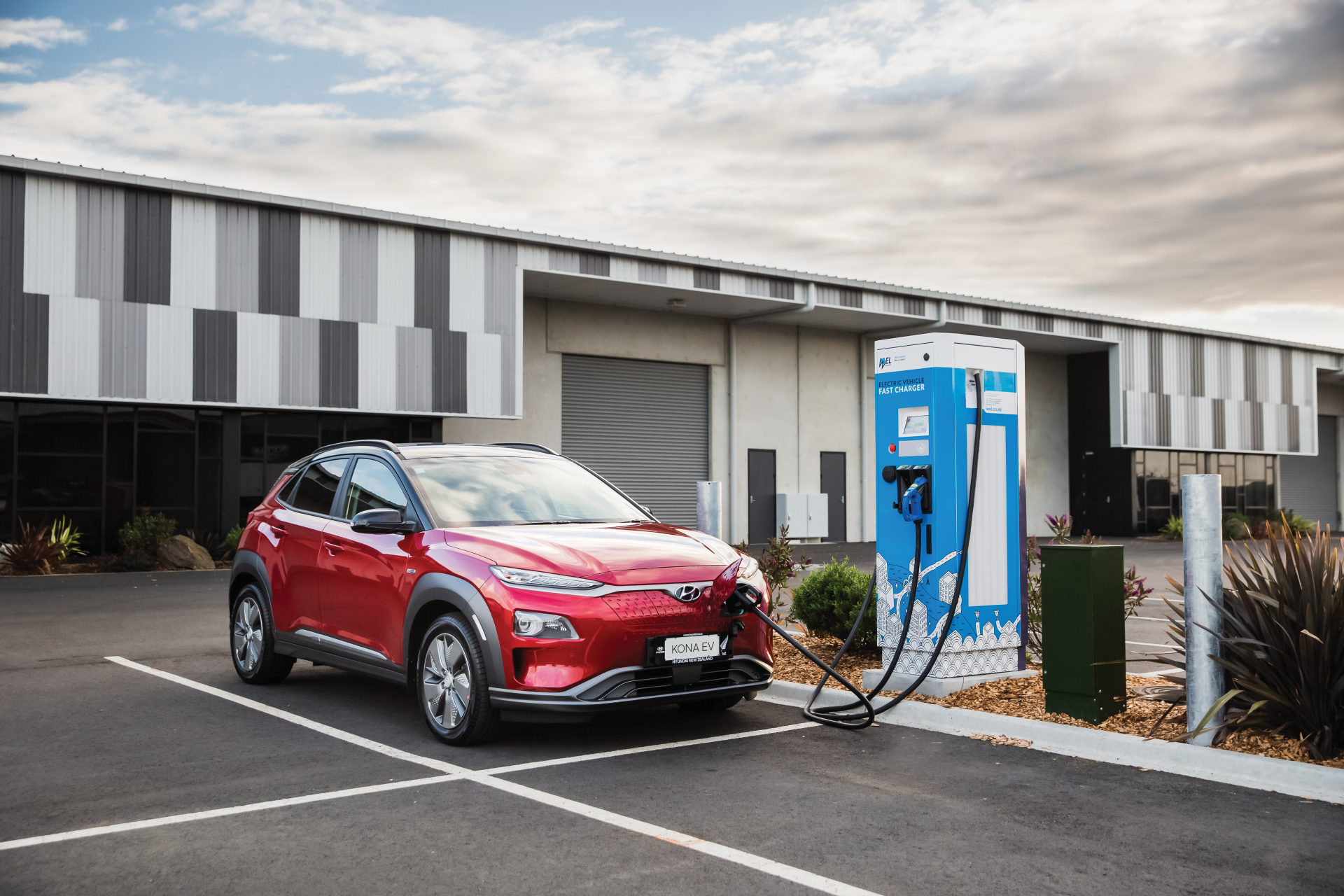Enjoying a few drinks at a Saturday night barbeque with our neighbours, the subject of the Climate Commission’s proposal inevitably came up. These people are originally from Christchurch, generally left leaning (but not rabid lefties), happy with changing all the place names in New Zealand to Maori names and generally very supportive of Jacinda, particularly in her COVID response. We don’t agree with them on everything, of course, but they are great people and civilised disagreement always makes life a little more interesting.
However, they live off the grid on a 20-hectare property, and can see, for the first time, how difficult life could become if the Climate Commission’s proposals are accepted by the government – and we were all in agreement that this is most likely to happen. How they are going to mow their expansive lawns with an electric lawnmower, travel back to Christchurch via Arthur’s (or Lewis) Pass regularly in an electric vehicle and cook their meals on a gas range that no longer has access to gas are questions that they simply cannot answer… and they are questions that, while accepting every single one of the Commission’s recommendations, the government will not bother to address.
Even if our neighbours bought an electric vehicle (which they have no intention of doing as they have no way of charging it) they would have to install dozens more solar panels, in a location where it rains a lot, particularly in spring. Yes, there are technological advances on the way, with such things as supercapacitors, but demand and cost for such systems will be enormous. Besides, they thought they were doing the environmentally responsible thing by coming off the grid. Now they see it would be better if they forked out the $30,000 or so to hook up to the local power system, and then spent another small fortune replacing all their appliances to ensure that at least they might have lights, heating and possibly even cooking in 10 years time.
These people might be able to afford all of that. Other people will not be so lucky.
We all agreed that, for those who live in the city, electric vehicles are just fine, but when you live 10 kilometres out of the nearest town where there is absolutely no public transport, and you often have to tow trailers or equipment into town for repairs, electric vehicles are useless. The same applies if you want to tow a boat, take the digger in for servicing or load up the tray of the Hilux with a pile of builder’s mix or firewood.
Yes, we all know this. But until now, we all wore blinkers to the fact that soon we will not be able to buy, and fuel, petrol and diesel vehicles. Now we are facing the inevitable reality that we will be forced away from these things because… the government says so.
The consensus was that city dwellers would slowly move to electric vehicles anyway, meaning that overall, emissions would be reduced over time and that there was no need to force people into vehicles that are useless to them and not fit for the purpose for which they are needed. But as we know, that is not the way governments work, and our government especially.
Ideologies are fine, and this government is full of them; in fact, it has little else. But once a government’s actions are going to hit people severely in the pocket, or make their lifestyle unsustainable, inevitably, they think again.
In the same way that showerheads and lightbulbs were the downfall of Helen Clark’s government, the Climate Commission may well be the end of Jacinda’s hapless government. Just as we now all use energy saving lightbulbs these days, electric vehicles will become more common and emissions will reduce. However, to a Labour government, the opportunity to control the populace a little bit more will be too much to resist. Jacinda will not keep all those former National voters who gave her their votes in 2020 if she tries to force them all into electric vehicles. And if my neighbours are anything to go by, she may lose some of her own faithful voters along the way as well.
Please share this article with others so they can discover The BFD

